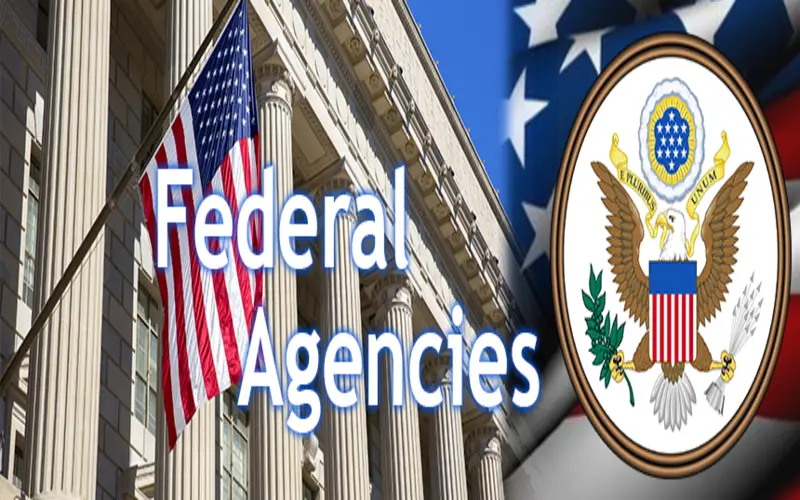What exactly is a federal agency?
Federal agencies administer resources, oversee industry finances, or address national security challenges. Usually, legislation establishes these institutions, but occasionally a presidential decree does. Usually, the president appoints the directors of these organizations.
Federal Agency Understanding
Federal agencies oversee sectors or procedures that require careful monitoring or specific knowledge. The U.S. Treasury officially supports the FDIC and GNMA. Organizations like Fannie Mae, Freddie Mac, and Sallie Mae merely receive an implied Treasury guarantee.
Several government agencies issue stocks and bonds. These have always attracted investors. Federal agency securities include U.S. government-backed bonds. Agency bondholders demand regular interest payments. Bondholders receive the entire face value of agency bonds at maturity. Federal agency bonds have a slightly higher interest rate than Treasury bonds because they are less liquid. FHA, SBA, and GNM guarantee bonds and securities.
Alternative Forms of Government Bonds
Government-sponsored enterprise (GSE) bonds are also issued. Businesses established by Congress that promote the welfare of the general public issue these bonds. These companies operate independently and are listed in major markets. Fannie Mae, Freddie Mac, FFCB, and FHLB are GSEs. GSE bonds carry credit and default risk since they lack the government guarantee of agency bonds. These bonds yield more than Treasury bonds because of this.
Federal agency securities from Ginnie Mae, Fannie Mae, Freddie Mac, or the FHLB support mortgage loans, which have excellent credit ratings. Agency securities also back Federal Reserve money. A nationwide group of banks and dealers sells these securities to fund public needs like road construction, affordable housing, urban renewal, and low-interest loans to farmers, small business owners, and veterans.
Conclusion
- Federal agencies are specialist government organizations that handle resources or national security.
- Federal agencies oversee industries or procedures that require strict supervision or specific knowledge.
- Many of these institutions issue or guarantee stocks and bonds.
- Agency bonds have a higher interest rate than Treasury bonds because they are less liquid.












































